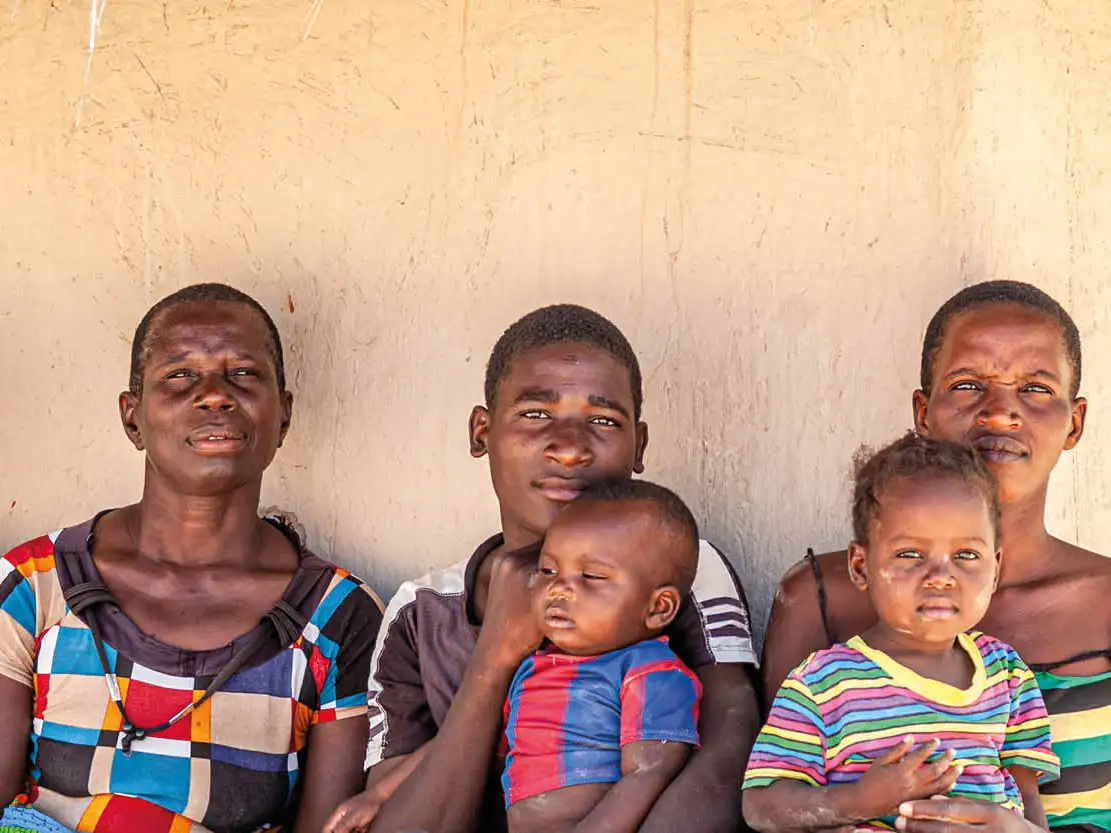World Food Crisis Appeal
Millions of families are facing a food crisis that could be worse than any we’ve lived through.

The Zimbabwe and Zambia Food Crisis Appeal is now closed but we continue to respond to similar emergencies around the world.
In many other parts of the world families are still facing starvation. In Kenya, Ethiopia and South Sudan, up to 20 million people are fighting for their very survival. They are facing terrifying drought and rocketing food prices. Schools are closed, and the threat of extreme hunger is forcing people to spend their life savings or leave their homes.
Millions of families are facing a food crisis that could be worse than any we’ve lived through.
In January 2020, CAFOD launched an appeal for the humanitarian emergency in Zimbabwe and Zambia. A crippling drought and spiralling food prices caused hunger on a massive scale across both countries.
At the frontline of the crisis, local Church aid experts reached remote communities with lifesaving aid - food and clean, safe water.
The situation in Zimbabwe and Zambia is complex.
Verity Johnson, CAFOD’s Country Representative for Zimbabwe, based in Harare, said:
“Years of economic turmoil and climate change, as well as the recent Cyclone Idai, are pushing families to the brink of starvation. Last year’s harvests failed, largely due to extreme weather, from droughts that lasted for months on end, to flooding which wiped out whole villages.
“The cost of food has risen exponentially, and there are severe bread shortages across the country. Where it can be found, a loaf of bread in Zimbabwe now costs up to fifteen times more than it did a year ago. In the struggle to feed their children, parents are going without themselves.
"The prolonged drought means dams have failed to fill. Wells and rivers are drying up, leaving communities with no option but to walk tens of kilometres to reach water.”